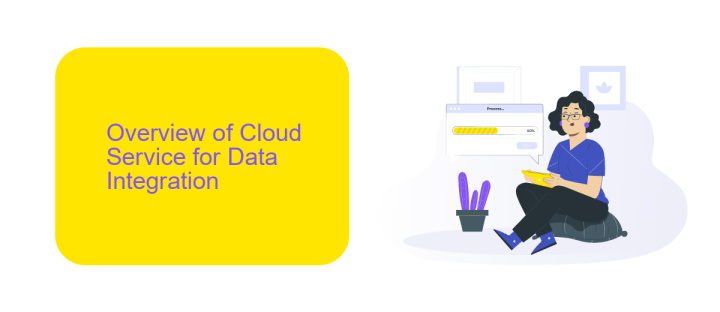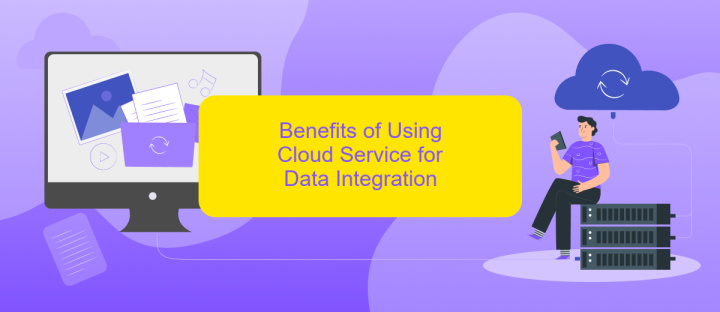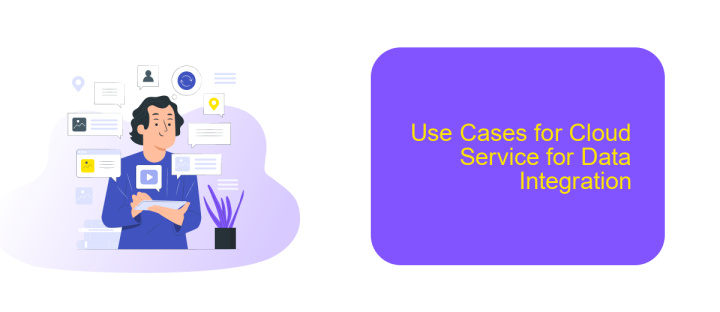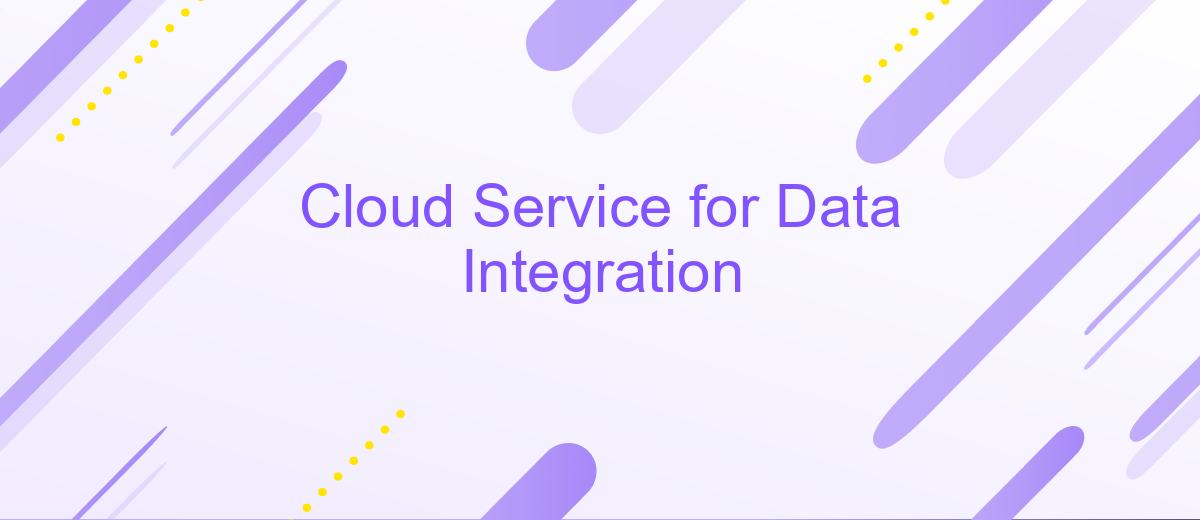Cloud Service for Data Integration
In today's data-driven world, businesses require seamless integration of diverse data sources to stay competitive. Cloud services for data integration offer scalable, efficient, and cost-effective solutions to unify disparate data streams. These services enable real-time data processing, enhance decision-making capabilities, and streamline operations, making them essential tools for modern enterprises aiming to harness the full potential of their data.
Introduction
In today's digital landscape, businesses are increasingly reliant on cloud services for seamless data integration. These services facilitate the consolidation of data from various sources, enabling organizations to make informed decisions and streamline operations. The complexity of managing multiple data sources can be daunting, but cloud-based solutions offer a scalable and efficient approach.
- Automated data synchronization
- Real-time data processing
- Scalability and flexibility
- Cost-effective solutions
One notable service in this domain is ApiX-Drive, which simplifies the integration process by providing a user-friendly interface and robust features. ApiX-Drive allows businesses to connect disparate systems without the need for extensive coding, making it accessible to users with varying technical expertise. By leveraging cloud services like ApiX-Drive, organizations can achieve efficient data integration, ultimately driving better business outcomes.
Overview of Cloud Service for Data Integration

Cloud services for data integration have revolutionized the way businesses manage and synchronize their data across multiple platforms. These services enable seamless data flow between different systems, ensuring that information is consistent and up-to-date. By leveraging cloud-based solutions, organizations can reduce the complexity and cost associated with traditional data integration methods. This approach not only enhances operational efficiency but also provides scalability, allowing businesses to adapt to growing data demands without significant infrastructure changes.
One notable example of such a service is ApiX-Drive, which simplifies the process of connecting various applications and automating data workflows. ApiX-Drive offers a user-friendly interface that allows users to set up integrations quickly without requiring extensive technical knowledge. With features like real-time data synchronization and customizable triggers, businesses can ensure that their data is always accurate and accessible. This level of automation and flexibility is crucial for companies looking to streamline their operations and focus on strategic growth initiatives.
Benefits of Using Cloud Service for Data Integration

Cloud services for data integration offer numerous advantages, making them essential in today's data-driven world. These services streamline the process of combining data from various sources, ensuring seamless and efficient operations.
- Scalability: Cloud services can easily scale up or down based on your business needs, providing flexibility and cost-efficiency.
- Real-time Data Processing: With cloud integration tools like ApiX-Drive, you can process data in real-time, ensuring timely and accurate information flow.
- Cost-Effective: Utilizing cloud services eliminates the need for expensive on-premise infrastructure, reducing overall IT costs.
- Enhanced Security: Cloud providers offer robust security measures, protecting your data from breaches and ensuring compliance with regulations.
- Easy Maintenance: Cloud services handle updates and maintenance, freeing your IT team to focus on other critical tasks.
Overall, using cloud services for data integration not only boosts operational efficiency but also provides a scalable, secure, and cost-effective solution. Tools like ApiX-Drive make it simple to connect various applications and automate workflows, further enhancing productivity.
Use Cases for Cloud Service for Data Integration

Cloud services for data integration are essential for modern businesses looking to streamline their operations and enhance data accessibility. These services allow organizations to connect various data sources, ensuring seamless data flow and real-time updates across different platforms.
One of the primary use cases for cloud data integration services is in automating business processes. By leveraging tools like ApiX-Drive, companies can set up automated workflows that sync data between CRM systems, marketing platforms, and other business applications without manual intervention.
- Automating data synchronization between disparate systems
- Real-time data updates for accurate reporting and analytics
- Streamlining customer data management across multiple platforms
- Enhancing collaboration by integrating project management tools
- Facilitating seamless data migration during system upgrades
Another significant use case is enhancing customer experience. By integrating customer data from various touchpoints, businesses can gain a holistic view of their customers, enabling personalized marketing and improved customer service. Services like ApiX-Drive make it easy to set up these integrations, ensuring that customer data is always up-to-date and accessible.


Getting Started with Cloud Service for Data Integration
To get started with Cloud Service for Data Integration, first, sign up for an account on the platform. Once registered, you will be prompted to set up your first data integration. This typically involves selecting the data sources you wish to integrate, such as databases, cloud storage, or various SaaS applications. Follow the guided setup process, which will help you configure the necessary connections and authentication details for each data source.
Next, explore the integration options provided by the platform. For instance, ApiX-Drive offers a user-friendly interface to connect various services without requiring extensive coding knowledge. You can create workflows to automate data transfer, transformation, and synchronization between your chosen sources. Make use of the platform's monitoring and logging features to ensure your integrations are running smoothly. Finally, take advantage of any available tutorials or support resources to optimize your data integration processes.
FAQ
What is a cloud service for data integration?
How does a cloud service for data integration work?
What are the benefits of using a cloud service for data integration?
Is it difficult to set up a cloud service for data integration?
Can a cloud service for data integration handle real-time data?
Apix-Drive will help optimize business processes, save you from a lot of routine tasks and unnecessary costs for automation, attracting additional specialists. Try setting up a free test connection with ApiX-Drive and see for yourself. Now you have to think about where to invest the freed time and money!

